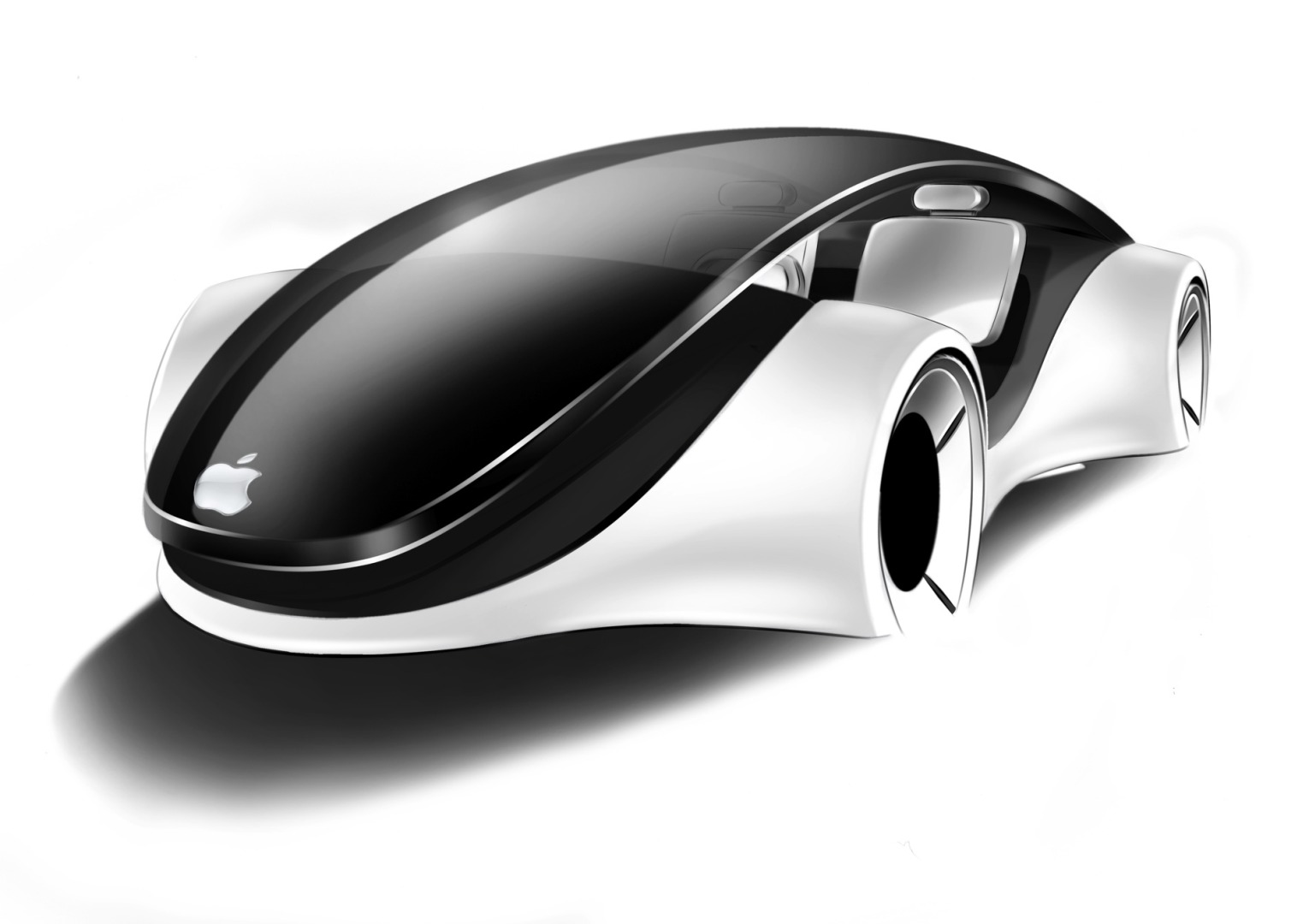Comments
- No comments found

Apple Inc. has ended its ambitious plans to develop an autonomous electric car.
This marks the end of its long-standing and secretive project known internally as "Project Titan." This decision comes amid a wave of layoffs affecting those who had been dedicated to the venture, and Apple's redirection of resources towards its generative artificial intelligence (AI) initiatives. The tech giant's abrupt departure from the autonomous vehicle arena follows a decade-long journey fraught with shifts in focus and aspirations.
Initiated in 2014, Project Titan aimed to position Apple as a formidable player in the electric and autonomous vehicle market. Over the years, the project underwent numerous transformations, vacillating between creating a rival to Tesla's electric vehicles and a fully autonomous car in line with what companies like Waymo have pioneered.
The ambitious venture was not without its challenges, and Apple faced internal pressures from top executives and its board to expedite the project's development. Recent reports indicated a sense of urgency to bring a market-ready product sooner rather than later, reflecting the competitive landscape and increasing scrutiny on autonomous vehicle initiatives.
With the termination of Project Titan, Apple has begun laying off some of the nearly 2,000 employees who were dedicated to the autonomous electric car project. The extent of these layoffs remains unclear, but sources suggest that a significant portion of the workforce will be transitioned to contribute to Apple's generative AI projects. This strategic reallocation underscores Apple's commitment to advancing AI technologies, which have applications beyond the automotive sector.
Apple's withdrawal from the autonomous electric car sector comes at a time when major automakers globally are reassessing their investments in electric vehicles (EVs). The industry is navigating a complex landscape of evolving consumer preferences, regulatory challenges, and the need for sustainable transportation solutions. Apple's initial foray into the automotive sector had been viewed as a potential diversification strategy to counterbalance stagnating hardware sales and regulatory uncertainties impacting its services business.
Throughout its development, Project Titan faced a series of pivots, reflecting the dynamic nature of the automotive and technology industries. Apple's initial interest in creating an electric vehicle akin to Tesla's offerings gradually shifted towards a focus on developing fully autonomous capabilities, aligning with the trajectory set by companies like Waymo. The nuanced evolution of Project Titan mirrored Apple's determination to find its niche in an ever-changing market.
The decision to abandon Project Titan is not devoid of challenges and external pressures. The automotive industry's rapid evolution, coupled with the increasing regulatory scrutiny surrounding autonomous vehicles, likely contributed to Apple's reassessment of its role in this space. The company has not publicly commented on the shift in strategy, leaving observers to speculate on the internal factors that led to this decision.
Despite the setback in its automotive aspirations, Apple remains steadfast in its commitment to artificial intelligence. The decision to redirect resources towards generative AI projects signals the company's recognition of the transformative potential of AI across various sectors beyond autonomous vehicles. Apple's investments in AI are expected to contribute to advancements in machine learning, natural language processing, and other AI-driven applications.
Apple's decision to terminate Project Titan represents a significant pivot in its strategic roadmap. As the tech giant navigates the intricate intersection of technology and transportation, the landscape of autonomous and electric vehicles continues to evolve. While Apple steps back from the race to develop its autonomous electric car, the company's emphasis on generative AI projects underscores its commitment to innovation. The repercussions of this strategic shift will undoubtedly reverberate across the automotive and tech industries, shaping the trajectory of future developments in autonomous and electric mobility.
Leave your comments
Post comment as a guest